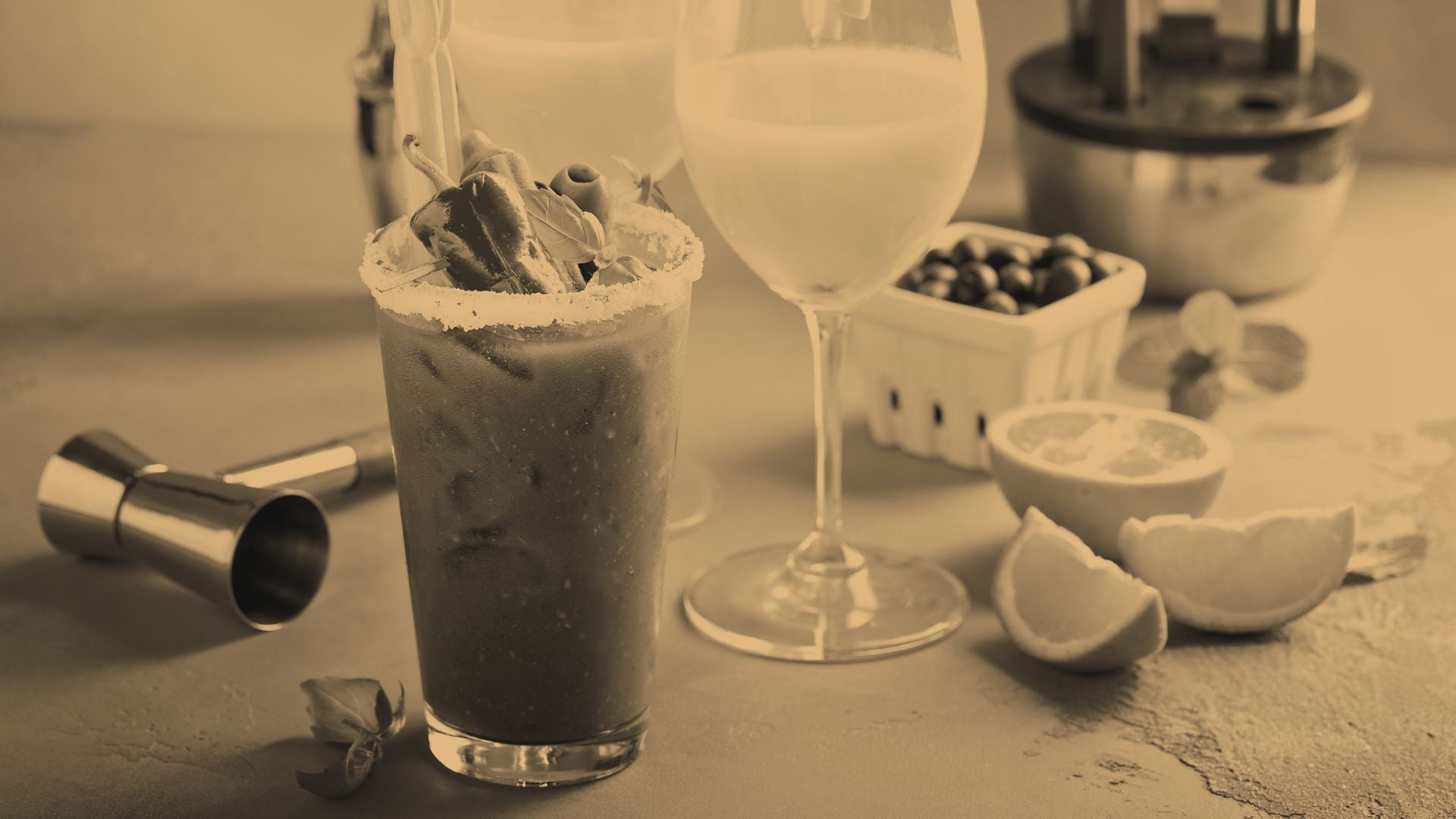
Why Do Hangovers Get Worse With Age?
One of the more unpleasant hallmarks of aging is waking up with your worst hangovers yet after a night of drinking—sometimes even with moderate alcohol consumption. In some cases, this can even result in the dreaded two-day hangover, where the symptoms can last a full 48 hours.
But why, exactly, is this the case? We’ll explain the answer to this pressing question and offer useful tips for minimizing hangovers, regardless of your body’s ability to process alcohol effectively.
Why Hangovers Feel Worse as You Get Older
After drinking alcohol, the liver secretes enzymes in response, most notably alcohol dehydrogenase. This group of enzymes breaks down alcohol into a substance called acetaldehyde, which is the cause of many of the worst aftereffects of alcohol. From here, the enzyme aldehyde dehydrogenase (ALDH) breaks acetaldehyde down even further into acetate, which the body can then process into carbon dioxide and water.
Less Efficient Liver Function
Compared to the mostly efficient livers of younger people, older people’s livers tend to process alcohol and its toxic byproducts less effectively. For instance, if the body’s ability to produce ALDH declines (as it often does with age), more acetaldehyde can accumulate in the body, causing more serious hangover symptoms.
Changes in the Body’s Water Concentration
In addition to declining liver function, older people typically have lower concentrations of water in their bodies, in part due to loss of muscle mass combined with increases in fat mass. This increases their blood alcohol concentration, even when drinking the same quantities of alcohol that they’ve drunk in the past, which thereby increases the likelihood of severe hangovers.
Other Common Factors in Older Adults
Additional factors for hangover severity that are common in older adults include taking medications that increase alcohol sensitivity, having health conditions that can make hangovers feel worse, and drinking less frequently causing hangovers to feel more severe due to unfamiliarity with the symptoms.
How to Minimize Hangovers, Regardless of Your Age
It is possible to minimize hangover symptoms without abstaining from all alcohol intake. These are the most effective strategies for doing so:
Eat Before Drinking
Before you begin to drink alcohol, it’s always a good idea to eat a solid meal that includes plenty of protein, healthy fats, and fiber. This slows the body’s absorption of the alcohol, which can help reduce hangover symptoms.
Stay Hydrated
Alcohol isn’t just a psychoactive substance—it’s also a diuretic. This means that it can cause you to urinate more and lose more fluids than you would without drinking alcohol. Because dehydration can worsen hangover symptoms, staying hydrated is one of the best ways to mitigate hangovers. On hot days, it’s recommended that you drink about eight to 12 ounces of water (between one and one-and-a-half cups) for each standard alcoholic drink you consume.
Drink Less Alcohol
When you were younger, you might have been able to engage in occasional binge drinking without experiencing a debilitating hangover the next day. But if that is no longer the case, it’s a good idea to simply decrease the amount of alcohol you consume during a night of drinking. As obvious as this recommendation may seem, it’s one of the most important ways to reduce post-drinking symptoms.
Take These Supplements Before and After You Drink Alcohol
Drinking less alcohol overall and making sure to consume plenty of food and water are some of the best ways to avoid post-drinking symptoms. But there are also some key supplements that can help your body deal with the effects of alcohol.
Capsulyte’s PREGAME: Take Before Drinking
PREGAME incorporates a potent mix of evidence-based ingredients to support the body’s alcohol processing capabilities. These include: NAC (has been found to mitigate post-alcohol symptoms), Clovinol® (an antioxidant that can reduce negative post-drinking feelings by roughly 55 percent), Siliphos® (a milk thistle-derived compound that may protect against alcoholic cirrhosis), and DHM (an antioxidant and anti-inflammatory).
Capsulyte’s HYDRATION: Take After Drinking
HYDRATION contains Hydra 4G™, an optimal blend of sodium, potassium, magnesium, and calcium that the body needs for a wide range of functions. Additionally, HYDRATION incorporates B vitamins, liposomal Pureway C™, and zinc to support hydration, energy metabolism, and immune function.
If you’re curious about the science underlying hangovers and would like to discover more scientific solutions to post-drinking symptoms, please visit the Capsulyte blog for more details and advice on this subject.


